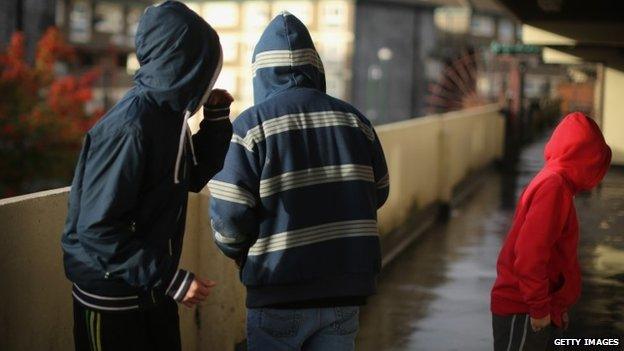Troubled families scheme 'shows really good results'
- Published
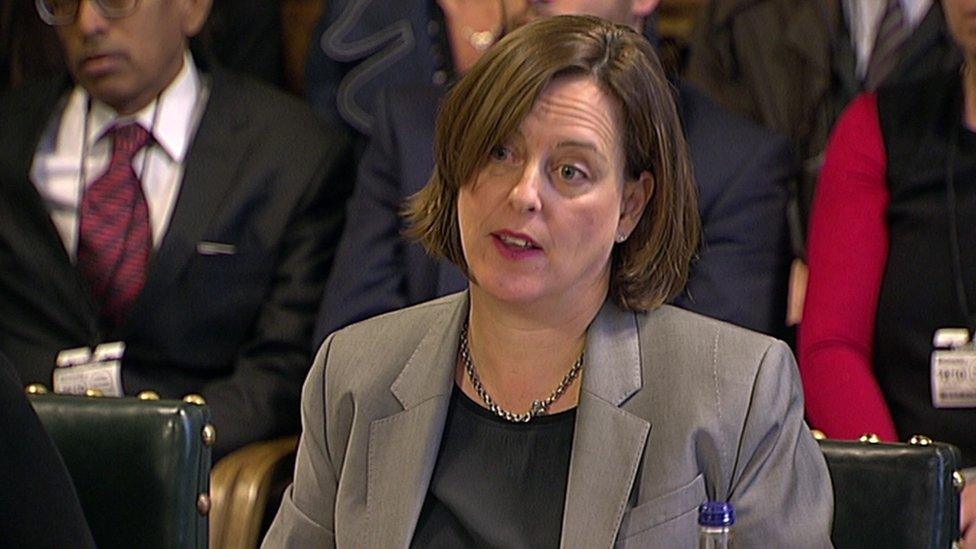
Melanie Dawes told MPs she didn't want to "over-claim" for the Trouble Families Programme's effect
The government's Troubled Families Programme has achieved "some really good results", the civil servant overseeing it has told MPs.
Melanie Dawes's comments come after a report said there was little evidence the scheme had made any "significant impact" on improving behaviour.
She told the Commons Accounts Committee it had had "valuable" improvements, but she did not want to "over-claim".
The programme was set up in 2012, with £448m going to help 120,000 families.
Former Prime Minister David Cameron said it would "turn around" the lives of the hardest-to-reach families in England, including those suffering or causing problems such as domestic violence, worklessness, truancy and crime.
The programme, which was extended for five years in 2015 with an extra £900m aimed at helping another 400,000 families, works on a payment-by-results system.
'Valuable'
Under this, councils get up to £4,000 for each family they help by sending in a dedicated worker, the results being measured by criteria including improved school attendance, lower crime rates and higher employment levels.
A government-commissioned report, carried out by the the National Institute of Economic and Social Research, external and published on Monday, cast doubt on how much progress had been achieved in the period from 2012 to 2015.
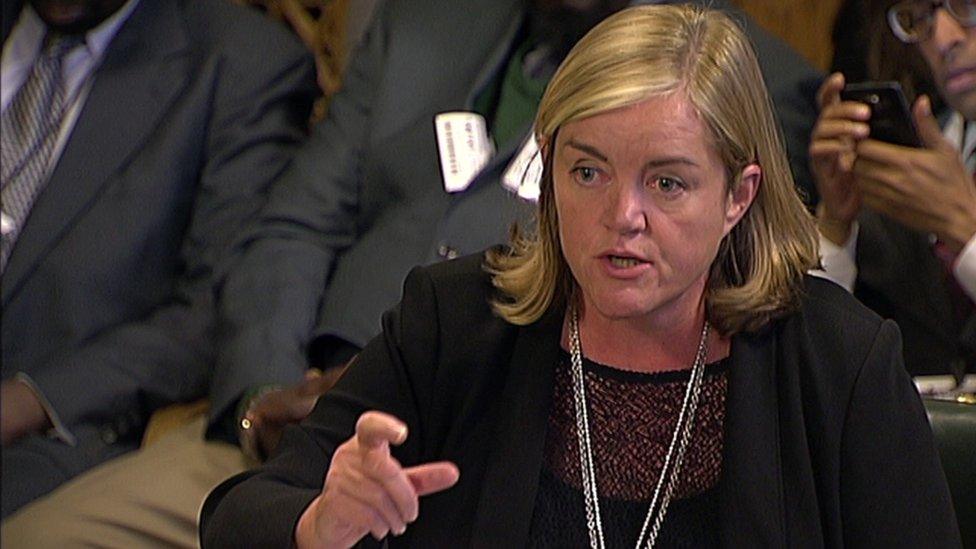
Dame Louise Casey said she had had "a rough few days"
But, during tense exchanges with the Public Accounts Committee - Parliament's government-spending watchdog, Ms Dawes said: "This is a good programme that achieved some really good results in the last parliament."
Several MPs questioned the previous mention of figures suggesting that £1.2bn had been saved by March 2015 through reduced crime and other costs. This statistic, it was added, was based on data supplied by only seven local authorities.
In response, Ms Dawes, permanent secretary at the Department for Communities and Local Government (DCLG), said: "We claim [the programme] is valuable, but we don't want to over-claim for it."
She added: "We are certainly not claiming any definitive cost savings from the programme."
Also questioned was Dame Louise Casey, who, at Mr Cameron's request, established the programme and ran it until 2014.
'Real focus'
She expressed her disappointment at this week's report, saying: "It's been a rough few days." Dame Louise also said: "My frustration is that we haven't had a chance to set the record straight."
She told MPs that "no one disputes the fact that 116,000-plus families" of those targeted "now have less of those problems" because of the programme.
Dame Louise insisted it had to continue and that the payment-by-results system ensured it had "a real focus".
Describing the plight of the families dealt with, she talked of her early fact-finding visits, saying: "Most of the neighbours said, 'Are you going to bloody get rid of them?'"
She said: "I don't see a country where you put some people with absolutely nothing in a corner and no-one helps them at all."
Labour MP Chris Evans asked if "short-termism" was prevalent, in that success with individual families was decided - and payment made to councils - once certain criteria had been achieved,
Dame Louise, who is now running her own review into the plight of isolated communities in England for the DCLG, replied: "It would be unfair to say we were concentrating on short-termism rather than long-termism. In order to meet the criteria on education, a child had to be in school for a whole year."
The report into the workings of the Troubled Families Programme had been due for publication in 2014 but was delayed several times.
Dame Louise said part of the reason for this was that the contractor carrying out the research on behalf of the government had at one stage included data from three councils that was "inaccurate and flawed".
The process of publication had been "pretty challenging", she added.
- Published18 October 2016
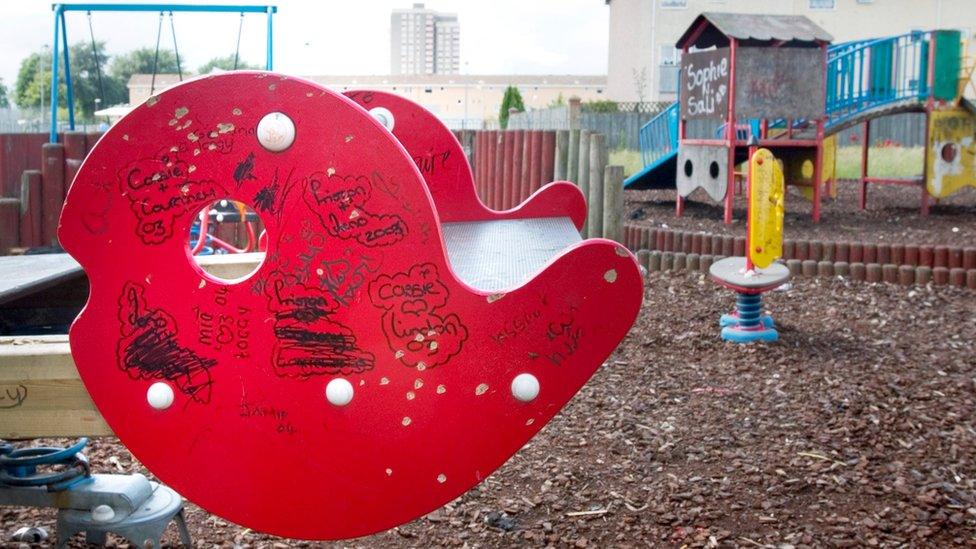
- Published8 August 2016
- Published11 March 2015
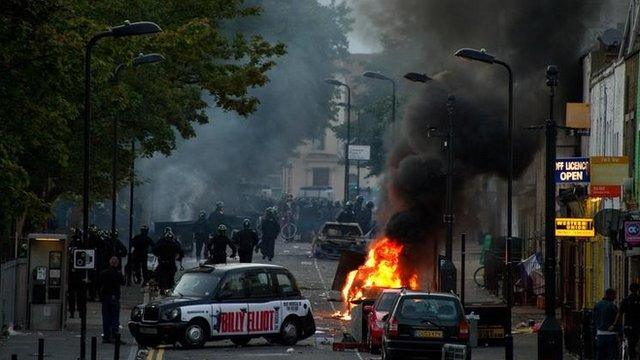
- Published10 March 2015
